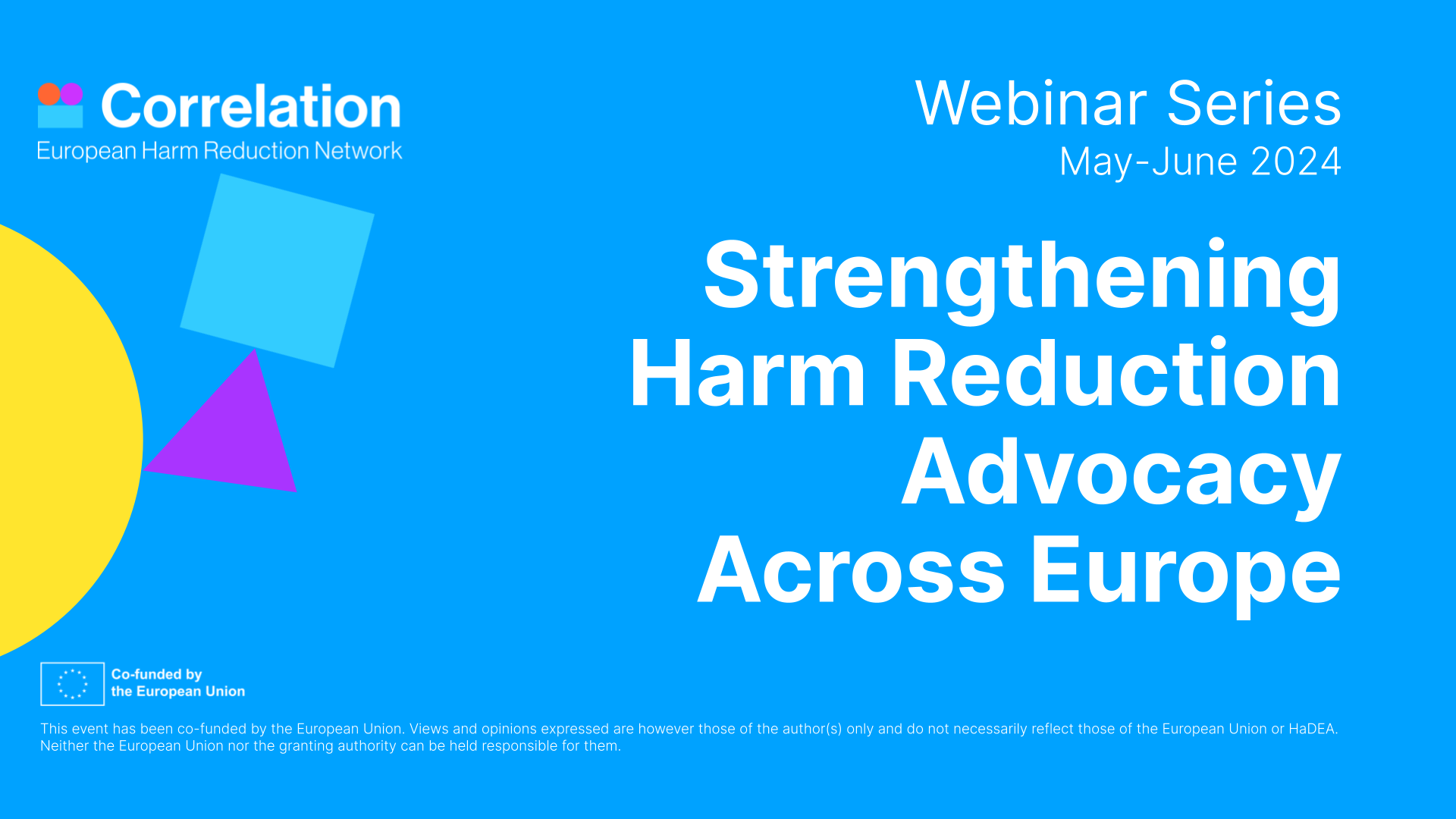
Perrine Roux is the main author of the recently published article “Implementation and evaluation of an educational intervention for safer injection in people who inject drugs”, as a result of the EU funded Eurosider project of which we are also a proud partner.
International Journal of Drug Policy has been hosting the article which describes a multi-country mixed methods study “Individually Tailored Support and Education for Safer Injection” in harm reduction services including needle and syringe programmes in four different European countries.
Read the article here after getting to know Perrine via her interview below!
1) Can you tell us about your background?
After a 2-year post-doc at the Substance Use Research Center of Columbia University (NYC), I got a permanent position as researcher in public health at the French National Institute for Medical Research (INSERM). I coordinate several projects related to access to care and prevention for drug users, using mixed-method and multidisciplinary approach. Today, I am leading a team at the SESSTIM research unit on community-based research on HIV and harm reduction
2) How would you describe your work in general?
Research activities are composed with the setting up research projects mainly with the community, the follow-up of the projects, the valorization of data and the dissemination of these findings to scientific community but also users’ community and general population. It is also a continuous reflection on the methodological approaches that we used to adapt them to our focus.
3) What drives you personally to work in your area of work?
Doing research is to me a creative and collective work. By gathering data from field experience, from science and with a bit of intuition, we develop research projects that participate in a better knowledge to improve people who use drugs’ life conditions.
4) What is your current focus?
My current focus is to adapt harm reduction responses to people who use drugs: people who inject drugs (education, adequate HR tools, drug consumption room), recreational drug users (drug checking, online prevention, cannabis), chemsex (adaptation of HR tools), HR in Africa…
5) Why do you think that your current focus is important?
HR should be consolidated by adapted drug policy but also should be continuously updated according to new drugs and patterns of use.
6) Harm reduction is still underfunded in many countries, even if there is enough evidence that it works and is cost effective. Why is that?
Because policy is not driven by evidence but more by ideology and drug use is seen as a deviant behavior mobilizing funds for repression and not prevention or care. Drug policy has to be built on evidence and has to change.
7) Please tell us what harm reduction means to you.
A pragmatic and human approach to help people who face risks due to their behaviors, especially dedicated to people who use drugs but also suitable in other domains.